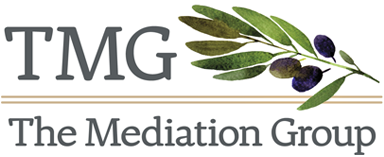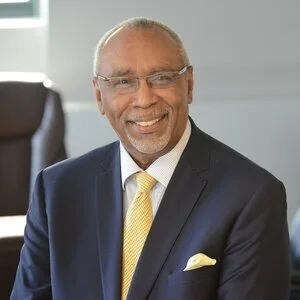Organizational Development
Organizational development is the structured, intentional process of moving an organization from its current state to where it wants to be, or its future state. The focus of development is on the organization’s culture, processes and structures and making targeted change to better equip the organization to meet its strategic goals. The Mediation Group’s team of interdisciplinary consultants works with organizations who are interested in engaging organizational development as a part of an effort towards ongoing improvement, and/or as a way to address endemic conflict.
One way to determine the difference between an interpersonal conflict and a need for organizational development is to ask whether the conflict remains even when the people change. Is the new director of research and development perpetuating the same old worn-out conflicts that the last director did? Have the last three senior vice-presidents all been jerks? Is no member of the organization, regardless of how skilled, able to secure (and keep) a decision on important matters? In these scenarios, attempts to change or train the individual fail. These tenacious and recurring conflicts do not have to be destructive. Rather, they provide important data about the organization and momentum to improve overall organizational functioning.
Whether organizational development is part of a routine process or a means of addressing chronic conflict, The Mediation Group’s experienced organizational team works hand-in-hand with clients to design and implement organizational changes that are practical, effective, and sustainable.
Some examples of the kinds of work we do are:
Strategic visioning
Strategic planning
Talent and performance management
Team development
Managerial skill-building
Executive coaching
Decision making
Training
Negotiation support
Change management
No matter what process is right for an organization, we work closely with our clients to diagnose organizational challenges, identify stakeholders, develop options, implement changes, and collect feedback. Through each stage of our work, we build on the knowledge and skills that already exist within the organization by blending existing organizational strengths with best practices. This enables our clients to maximize their capacity, creativity and teamwork. Our short-term partnerships yield our clients long-term gains.
For more information on how we work with organizations, please see our organizations practice page.
Dispute System Assessment and Design
All organizations manage conflict, and most of the time these systems work well. However, these systems can be challenged in times of high stress, organizational change, or when the structure of an organization interferes with communication or coordination. In these situations, conflicts can multiply, escalate, and expand, and efforts to address the conflict are ineffective. When conflict interferes with organizational functioning, we can provide two kinds of help.
Dispute System Assessment
We begin by understanding the nature of the problem. Are there identifiable moments in the year when conflict seems to get out of hand? When budgets are determined, for example, or when bonuses and raises are allocated, or when leadership is in transition? The tension in these moments is inevitable, but that tension can be part of a learning phase for the organization or it can be a cause of disruption and damaged relationships.
When we do an assessment, we use individual interviews, focus groups, survey instruments, and sometimes observation. We are looking for the ways in which conflict is currently managed, where those ways are not working, and what might change. The client receives a report that includes our diagnosis and recommendations for changes that will help. We can end there, and we also take the next step with some clients and design an effective system for resolving disputes.
Dispute System Design
Dispute system design is creating a process for resolving current and future conflicts in an organization. The process can be designed to be an integral part of the organization moving forward (such as a mediation program, ombudsman’s office, etc.) or it can be a temporary process designed to address a current question (see our work for PCORI). When designing processes we think about how what information flows to whom, who makes what decisions using which processes, how to support the voices of those not traditionally part of the process, and how the process will work within the constraints of the organization.
Examples of our work
The Mediation Group, in partnership with the Massachusetts Office of Dispute Resolution, designed and implemented mediation programs for the Massachusetts Superior Courts in Suffolk and Norfolk Counties as well as at the Middlesex Multi-Door Court House in Middlesex County. This was the first mediation program in the Massachusetts Superior Courts. Since then we have worked with Massachusetts Superior Courts, New Hampshire Court Mediation Programs, Israeli Trial Court ADR Program, Massachusetts Department of Environmental Protection, and Massachusetts Department of Highways.
In addition to our work with courts, we have also received grant funding to design processes. One grant was from the Robert Wood Johnson Foundation to design Dispute Resolution in Managed Care: A Modular Self Assessment Protocol, a tool for assessing conflict resolution systems in health plans. This work was done in partnership with New York University. Working with the University of Massachusetts Medical School on a grant from the Patient Centered Outcomes Research Institute (PCORI), we designed and facilitated two panels to create clinical practice guidelines for screening for prostate cancer and lung cancer.
Our Experts Specializing in Organizational Development










